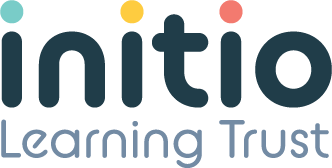Literacy Mission Statement
At the Sir John Colfox Academy we believe that Literacy is an essential skill to enable students to read and write as experts in every subject across the curriculum. We believe that confident literacy skills allow students to express their knowledge and understanding with depth, clarity and efficiency.
At the Sir John Colfox Academy we:
* Give time and value to reading for enjoyment
* Explicitly teach literacy skills appropriate to each subject area
* Give feedback and guidance to enable students to develop their essential reading, writing and speaking and listening skills
Reading for enjoyment:
* We are a Reading Community. Every staff displays their favourite book (or books) in their classroom; these range from Pride and Prejudice to The Gruffalo or The Hungry Caterpillar. We run reading challenges such as The Staff Favourite Book Scavenger Hunt and The Extreme Reading Competition where staff and students can enter photographs of themselves reading in the most extreme situations – we have surfing teachers, reading dogs and parents reading to their children under piles of teddies.
Teaching and Learning of Literacy Skills across the curriculum:
* Every department has a focus on teaching the literacy skills appropriate for their subject. Classrooms have Literacy Zone displays, students use literacy pyramids or mats, and teachers set explicit literacy learning objectives that work alongside subject content objectives.
* Teachers across the school assess literacy in a range of pieces produced by students. Literacy steps are used to give explicit feedback to support students in their skills progression.
* More specific literacy support is given in a number of ways to identified students. This ranges from tutor time sessions on handwriting or spelling, to groups who receive specific and intensive literacy support from specialist staff in place of their language lessons.
Support for students
* We provide additional literacy classes for students in years 7, 8 and 9. We believe it is important to help identified students with their written English so that they leave us with a range of good communication skills that will help them in the world of work, for example. Students are identified in year six or early in year Seven. They follow a programme of one foreign language rather than two, so that they can access this extra literacy support.

